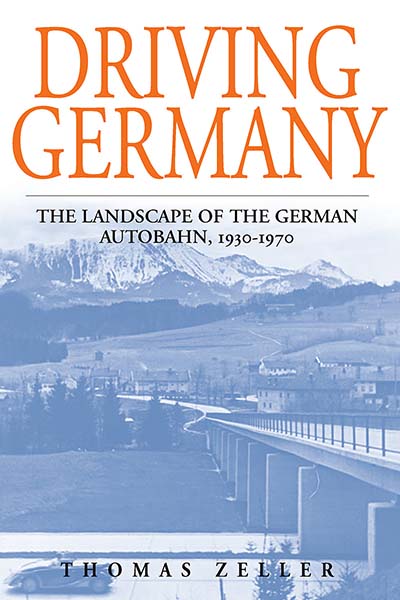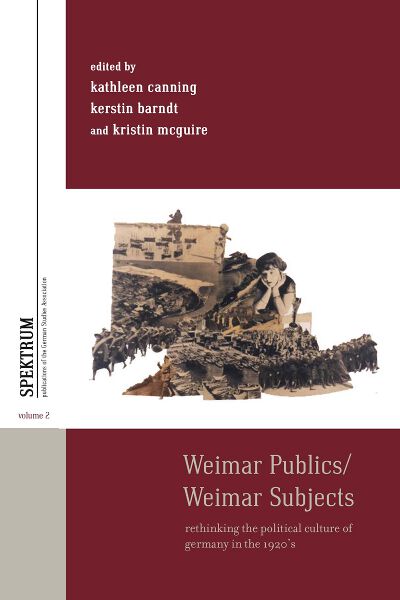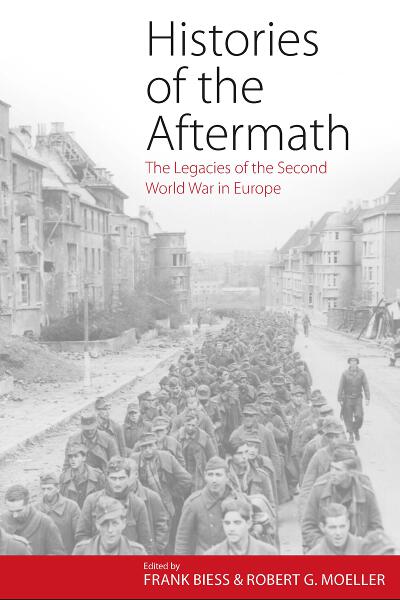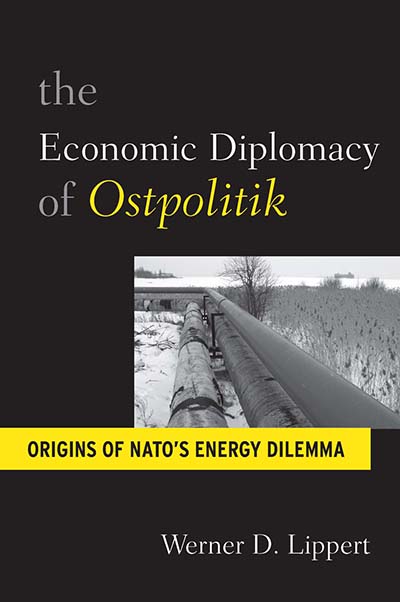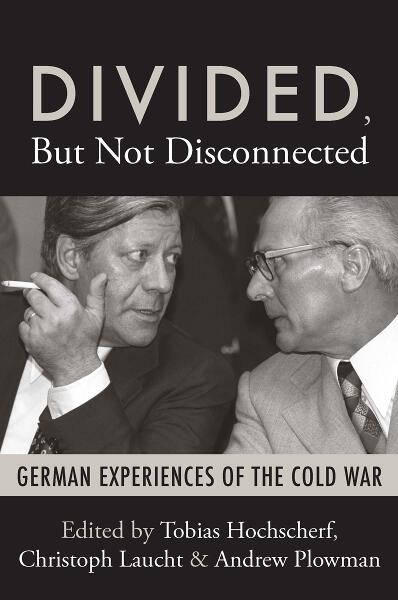
See Related
History JournalsEmail Newsletters
Sign up for our email newsletters to get customized updates on new Berghahn publications.
Divided, But Not Disconnected
German Experiences of the Cold War
Edited by Tobias Hochscherf, Christoph Laucht, and Andrew Plowman
276 pages, bibliog., index
ISBN 978-1-84545-751-8 $135.00/£99.00 / Hb / Published (December 2010)
ISBN 978-1-78238-099-3 $34.95/£27.95 / Pb / Published (July 2013)
eISBN 978-1-84545-646-7 eBook
Reviews
“[A] timely and important contribution to the current scholarship on the Cold War and the critical reassessment of Cold War history within an interdisciplinary, comparative, and transnational framework…The editors are to be commended for promoting a comparative perspective in the individual essays themselves and through the thoughtful selection of topics from East and West German perspectives.” · Sabine Hake, University of Texas, Austin
Description
The Allied agreement after the Second World War did not only partition Germany, it divided the nation along the fault-lines of a new bipolar world order. This inner border made Germany a unique place to experience the Cold War, and the “German question” in this post-1945 variant remained inextricably entwined with the vicissitudes of the Cold War until its end. This volume explores how social and cultural practices in both German states between 1949 and 1989 were shaped by the existence of this inner border, putting them on opposing sides of the ideological divide between the Western and Eastern blocs, as well as stabilizing relations between them. This volume’s interdisciplinary approach addresses important intersections between history, politics, and culture, offering an important new appraisal of the German experiences of the Cold War.
Tobias Hochscherf is Professor of Audio-Visual Media at the University of Applied Sciences at Kiel, Germany. His research interests focus on European film and television cultures. He is author of The Continental Connection: German-speaking Émigrés and British Cinema, 1927-45 (Manchester UP, 2011) and has published widely in academic journals and edited collections.
Christoph Laucht is Lecturer in 20th Century British History at the University of Leeds. His research interests include the cultural history of the nuclear age, the transnational history of the Cold War and film and history. He is author of Elemental Germans: Klaus Fuchs, Rudolf Peierls and the Making of British Nuclear Culture 1939-59 (Palgrave Macmillan, 2012) and has widely published on British and American nuclear history, Cold War history and film and history.
Andrew Plowman is Senior Lecturer in German at the University of Liverpool. He is the author of a study on German autobiography and of numerous articles on contemporary German literature. His current research focuses on the cultural representation of the Bundeswehr.

